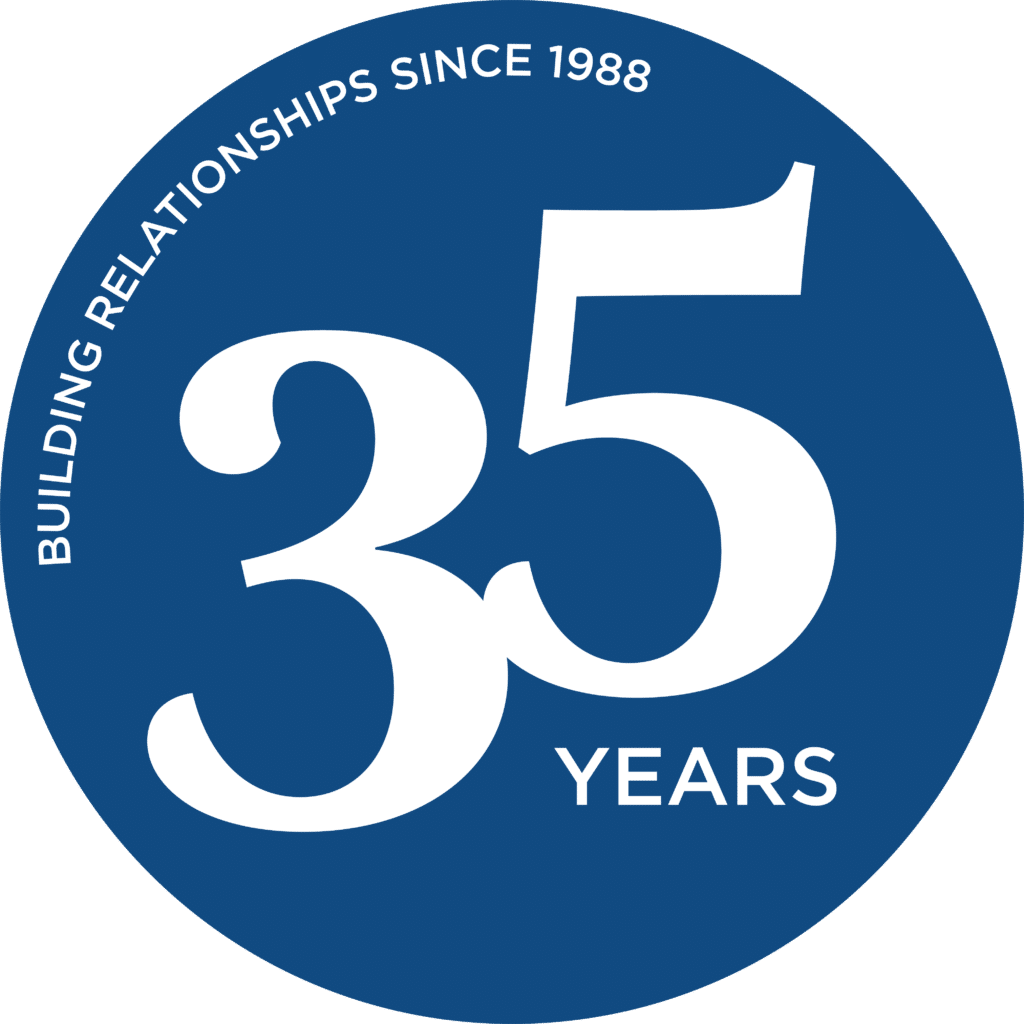Executive coaching is an interesting profession that may offer insight into how to help others in today’s VUCA environment. The term VUCA, coined by the Army War College for the military and popularized in leadership theory, is an acronym that stands for Volatility, Uncertainty, Complexity and Ambiguity. Internal coaches, people who work with leaders from their own organization, have the benefit of organizational context. They are often familiar with the environment—the organization’s culture, history, and norms. For external coaches like me, people who do not work in the organizations where their clients work, we are always assessing the environment for contextual cues so we can provide the highest level of service to the leaders we support.
VUCA is an acronym that stands for volatility, uncertainty, complexity and ambiguity
Coaches are familiar with perspective building in the coaching relationship. We often deal with clients who “awfulize” or “catastrophize” and feed their belief that the worst possible outcome will become a reality. We have probably all had this kind of Eeyore feeling (our beloved character from the Winnie the Pooh stories) and many of us are experiencing these reactions today as we are glued to the screen and latest breaking story about the COVID-19 pandemic.
The most critical tool coaches apply is the use of powerful questions. The right questions are not those that challenge or interrogate. The right questions are those that promote a change in perspective. These powerful questions may help you to help someone who may find themselves suddenly out of work, nervous about their health, or struggling with the isolation brought about from social distancing.
My work as an executive coach is grounded in adult transformational learning, which is the process of effecting change in one’s frame of reference. More popularly known as mindset shift, we understand that as adults, we live with a history and worldview that is the sum of our experiences, feelings, habits and the like. For those, like me, who pride themselves for having majored in sociology, it is the result of how we were socialized. Our world view shapes our perspective and creates the backdrop for how we act and react to situations and events.
Without getting too academic here (sorry, I guess I already did!) theory tells us that there are opportunities to address those around us who may express negative beliefs or feel anxious that things will never get better.
Here are just a few powerful questions to practice as you learn to coach yourself and others through today’s VUCA environment:
1. Describe your ideal outcome?
It is important to meet Volatility with Vision. Asking someone to redirect their thoughts to their ideal state will help them focus on a positive future.
2. What is your understanding about the situation?
Uncertainty must be met with understanding and not challenge. Remember that our mindset and perspective are learned. Your opinions don’t change my reality, thank you. This question allows someone to settle into objectivity where conversation can help build awareness about facts and knowledge.
3. Do you see a possible path forward?
To challenge complexity, build clarity. They will generate potential solutions as they are empowered to pause and consider.
4. What resources do you have available that you can call upon right now?
In ambiguity we must become agile and flex new muscles. This question allows someone to call up their own superpower to take charge or act.
Beyond questions, the most important thing I use as an executive coach is dialog. At the core of perspective building is a one-on-one conversation with another person. This conversation helps to bring down the emotions and “awfulizing” and, together, you will consider evidence, alternative points of view, and establish the wherewithal to change perspective or change course.
Meet VUCA with VUCA!
Adena Johnston, D. Mgt.
Vice President & Practice Leader, Talent Development
CCI Consulting



